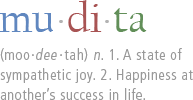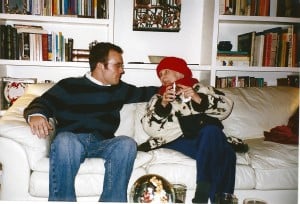 It’s no secret that I love my students. And even now, when not one of them sits in circle in a classroom w/ me, they remain ‘my students.’ A kind of extended family — almost like nieces & nephews, if not quite as dear. But still very dear. 🙂
It’s no secret that I love my students. And even now, when not one of them sits in circle in a classroom w/ me, they remain ‘my students.’ A kind of extended family — almost like nieces & nephews, if not quite as dear. But still very dear. 🙂
So when they hurt, I hurt. When life treats them badly, I grieve too. And I wonder how people can find gladness in the unhappiness or misfortune of others…? What is it that allows one human being to find pleasure — far beyond mere schadenfreude — in the bad fortune of another?
Politics today is rife with this unholy joy. We have (and I include myself here, much to my honest chagrin) little mercy w/ mis-speaks, mistakes (even in the distant past), or fluffy rumours. It’s easy to disregard the linking web of humanity, and make of someone with whom we disagree, someone disagreeable. And then gloat when s/he meets w/ bad luck.
Contrast this w/ a lovely Buddhist concept: mudita. Explained as ‘sympathetic or vicarious’ joy, it’s the bubbling rise of happiness when my son tells me he’s been re-hired in his school district, one of only 110 teachers so blessed. It’s the gladdening of heart for a friend’s wedding, late in life and doubly welcome. It’s the quiet delight for a colleague’s year-long sabbatical. The contemplative practice of mudita is less spontaneous, however. While it’s easy to be happy at my son’s good fortune, or glad for a friend’s wedding, it’s far more difficult to be glad for the good fortune of someone I dislike (and yes, sad to say: I am NOT above disliking people…).
So that’s where I usually stall out. Not when good things happen to good people, but more when people I don’t like go scot-free after wounding/ bullying/ fleecing/ etc. good people. Or even worse, are REWARDED. Politicians who tell stories w/ no basis in reality. Education administrators who don’t have students’ best interests at heart. I have to breathe. Deeply. Several times. Just to stop from yelling.
This was my practice today, when a dear former student wrote me of her tattered life. Shared how she is trying, painfully, to stitch its raveled edges together, following deaths, illnesses, shifts in job & relationships & home. How she is bewildered by the exclusion at her new job, the difficulties w/ a dying relationship. How people blame her for her own sadness, turn from her (despite being her ‘friends’). I don’t know how to help her, other than listen. I can make of my sadness for her a gift of tonglen, breathing out comfort. And I can go to tea w/ her, being my funniest and most comforting self. But it’s not enough & I know it. Still, it’s what I have. And that’s how we grow a beginner’s heart — offering what we have. Even when it’s not enough…
But I would so much rather rejoice in her happiness. I would rather — always — be glad for the good fortune of those I love than angry at the good fortune of those I find dismaying. But it’s a very hard task. I guess that’s why I’m still only a beginner’s heart…

